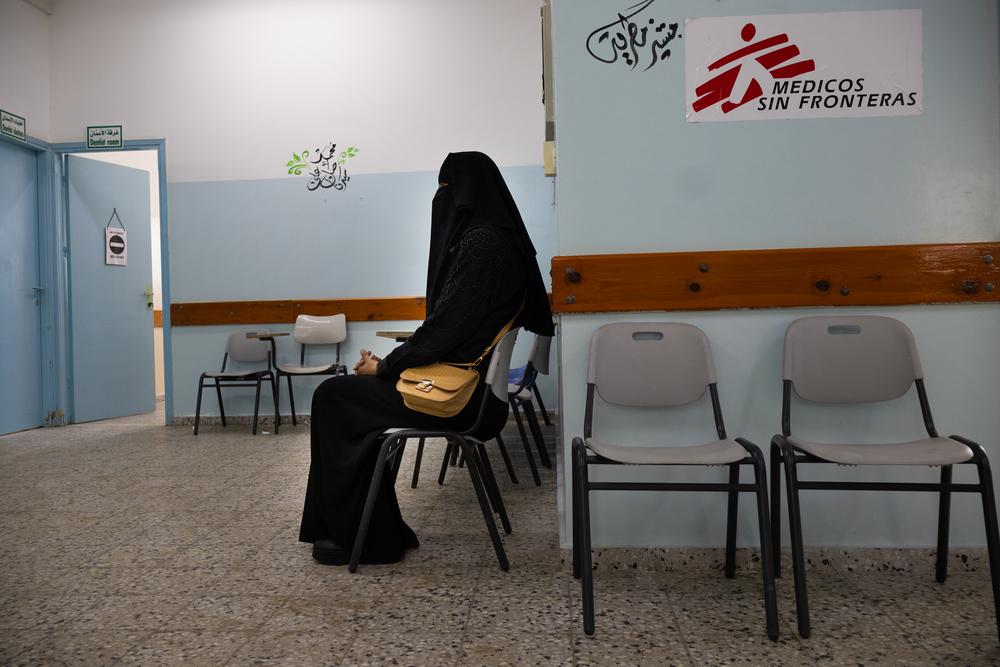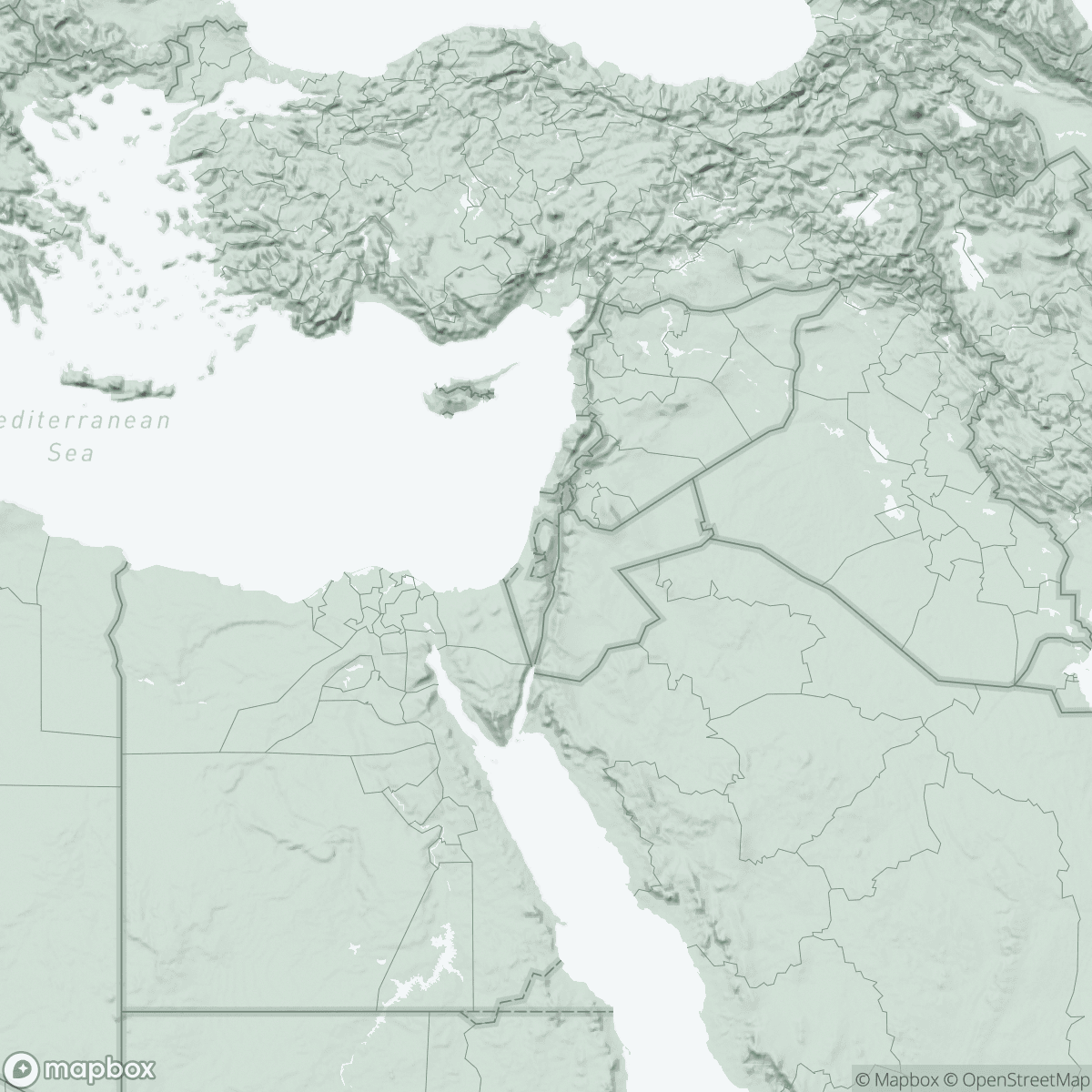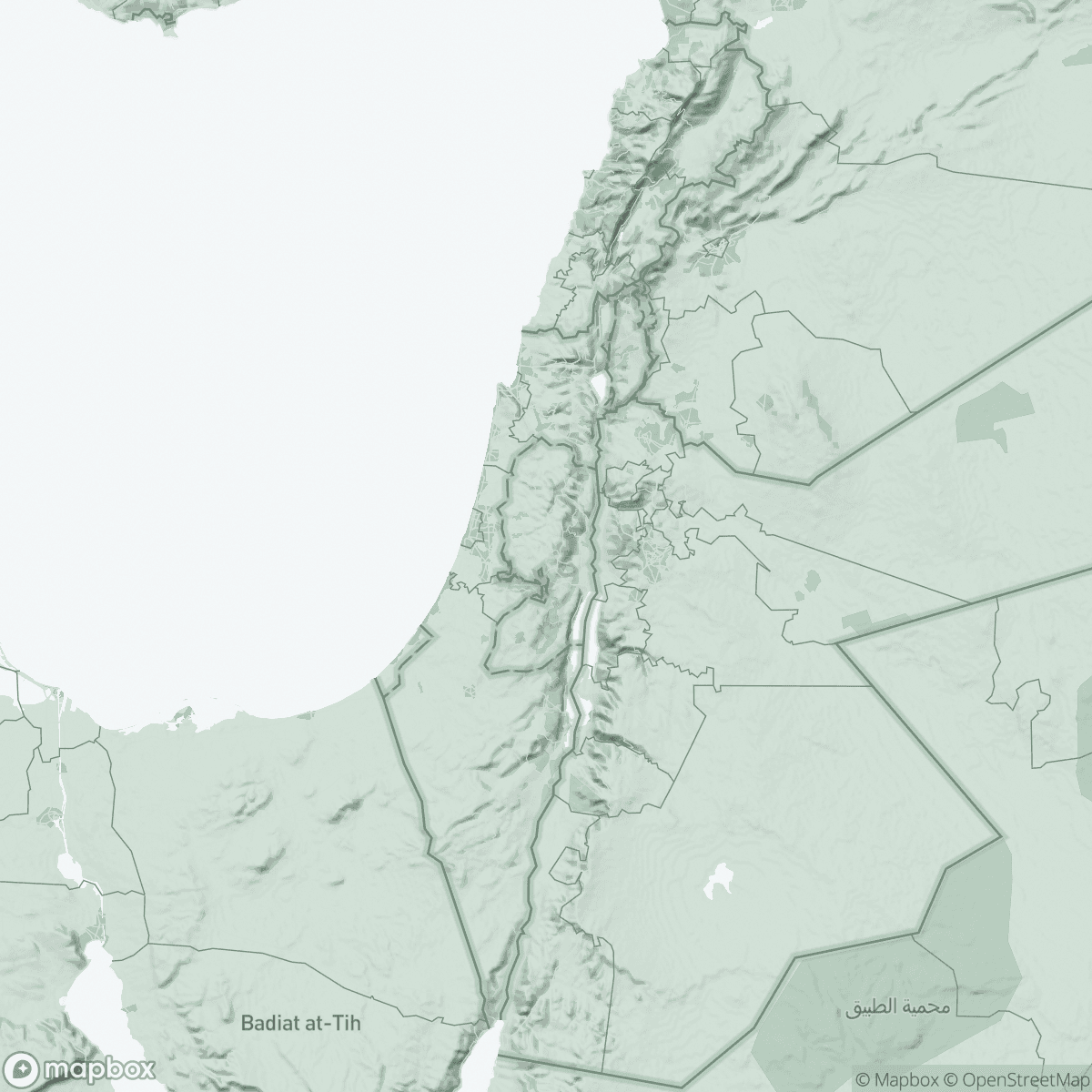
MSF report denounces Gaza’s “silent killings” from preventable disease and lack of access to medical care
In 1 click, help us spread this information :

Le système de santé de Gaza a été dévasté, les hommes, les femmes et les enfants sont de plus en plus exposés au risque de malnutrition aiguë et leur santé physique et mentale se détériore rapidement, selon un rapport publié aujourd'hui par l'organisation médicale internationale Médecins Sans Frontières (MSF) intitulé « Gaza's Silent Killings : La destruction du système de santé et la lutte pour la survie à Rafah ».
More than six months into the war in Gaza, the devastation extends far beyond those killed by Israeli bombardments and airstrikes. MSF describes the massive struggle faced by Palestinians in Gaza today to access medical care and warns of large numbers of preventable deaths caused by disruptions to critical healthcare.
“How many children have already died of pneumonia in overwhelmed hospitals?” asks Mari-Carmen Viñoles, head of MSF’s emergency programmes. “How many babies have died because of preventable diseases? How many patients suffering from diabetes are left untreated? What about the deadly consequences of the closure of kidney dialysis units in attacked hospitals?
These are the silent killings of Gaza not reported in all this chaos, caused by the collapse of the healthcare system across Gaza.”
MSF teams working in Rafah report that the decimated healthcare system and inhumane living conditions also raise the risk of disease outbreaks, malnutrition and the long-term impact of psychological trauma.
MSF warns that a military incursion in Rafah, on top of the current humanitarian crisis in Gaza, would be an unfathomable catastrophe and calls for an immediate and sustained ceasefire.
Living conditions in Rafah exacerbate health issues
Living conditions in Rafah today are not conducive for survival, says MSF’s report, drawing on medical data and the testimony of patients. There is a desperate shortage of clean water for drinking or bathing, while rubbish and raw sewage accumulate in the streets in this tiny wedge of land now hosting more than one million people who were forcibly displaced from the north of Gaza.
Across just two of the primary healthcare centres run by MSF in the Al-Shaboura and Al-Mawasi areas, our teams are providing an average of 5,000 medical consultations every week, many linked to people’s sub-standard living conditions. Over 40 per cent of these consultations are for patients with upper respiratory tract infections. MSF has seen an increasing number of suspected cases of hepatitis A. In the last three months of 2023, cases of diarrhoeal illnesses reported among children under five were 25 times higher than during the same period in 2022. Between January and March 2024, teams treated 216 children under five for moderate or severe acute malnutrition, a condition which was almost entirely absent prior to the current conflict.
With hospitals overwhelmed with trauma patients, people with other types of medical needs, such as pregnant women with complications and people living with chronic diseases, are often unable to receive the care they require. In Emirati hospital, where MSF is supporting the postpartum department, medical teams struggle to deal with close to 100 deliveries a day, five times more than before the war. In MSF’s clinics, consultations for hypertension, diabetes, asthma, epilepsy and cancers have been increasing as patients seek monitoring and medication. However, if their condition worsens and they require specialised medication or equipment, which are increasingly difficult to obtain in Gaza, little can be done for them. Many medical referrals in Gaza today are delayed or are simply not possible.
The mental health of Gaza’s population – including medical staff – is also in tatters. Most patients arriving at MSF clinics have symptoms related to anxiety and stress, including psychosomatic and depressive conditions. Some people caring for family members with severe mental health disorders have resorted to excessive sedation to keep them safe and prevent them from harming themselves or others, due to the lack of specialised services still functioning in Gaza.
For MSF, trying to support Gaza’s devastated healthcare system has been extremely challenging due to the insecurity. MSF has also faced substantial challenges bringing medical supplies and humanitarian aid into Gaza due to delays and restrictions by Israeli authorities, which are described in detail in the report’s annex.
“As an international emergency medical organisation, we have the expertise and the means to do much more and scale up our response,” says Sylvain Groulx, MSF emergency coordinator. “Palestinian medical staff are highly skilled and only need to be given the means to work in acceptable and dignified conditions to treat and save lives. But today all this remains absurdly impossible.
Without an immediate and sustained ceasefire and the entrance of meaningful humanitarian assistance, we will continue to see more people die.”
Esther Leick, Director of Communications and Fundraising at MSF Luxembourg:
"The news reminds us every day that what is happening in Gaza at the moment is a real tragedy. In a territory 7 times smaller than Luxembourg, all kinds of suffering seem to be coming together: hunger, thirst, bombardments, deprivation of all kinds, the risk of epidemics...
No one can remain indifferent to this suffering, and many of our donors have mobilised here in the Grand Duchy to support our humanitarian activities. Despite their incredible generosity, the scale of the needs in Gaza and the Occupied Palestinian Territories remains enormous. Today, we are counting on the support of as many people as possible to continue our work. Thank you to all those who will help us by donating on msf.lu ".



